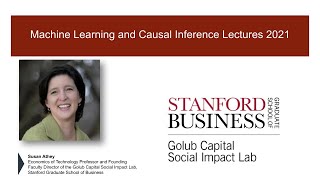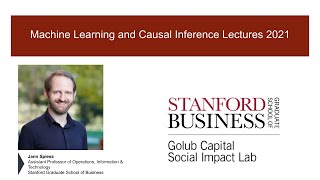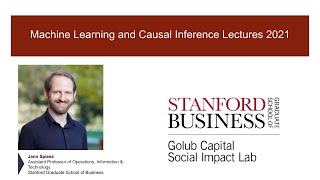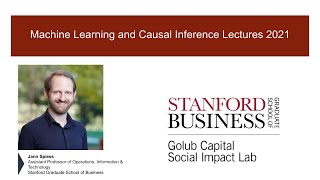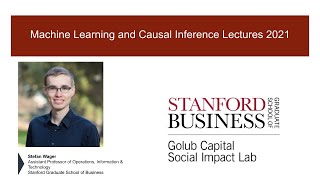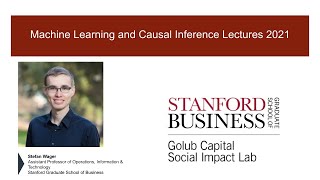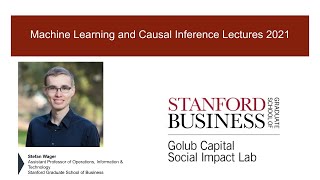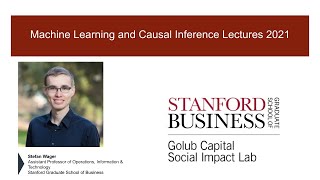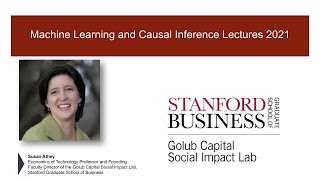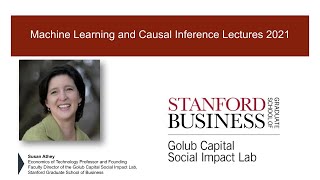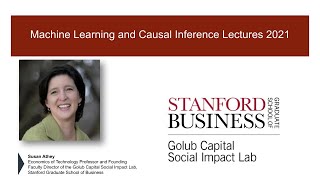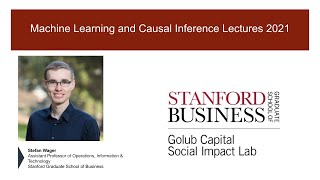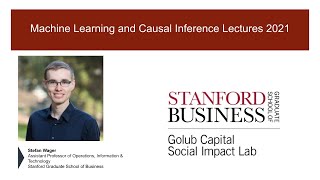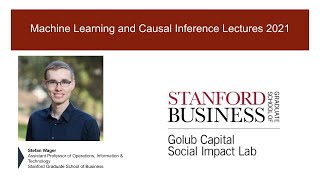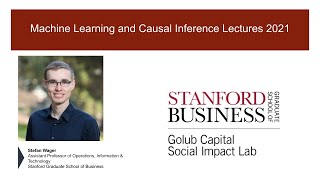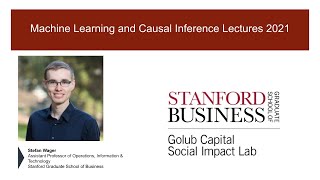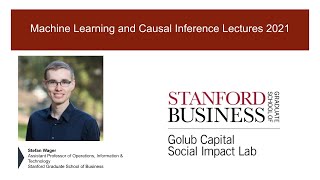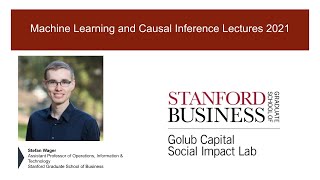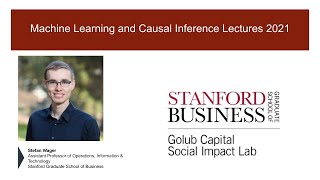This course is a series of videos designed for any audience looking to learn more about how machine learning can be used to measure the effects of interventions, understand the heterogeneous impact of interventions, and design targeted treatment assignment policies.
Those who will benefit from it include: an economist, researcher, or policy designer who uses evidence from randomized controlled trials or A/B tests to make decisions about what works, or a behavioral scientist or practitioner who wants to understand how increasingly large data can be used for good. The course also presents methods for estimating causal effects in observational studies, for example, using historical data to estimate the impact of treatments that were introduced in the past.
This accompanying tutorial introduces key concepts in machine learning-based causal inference, and can be used as both lecture notes and as programming examples. They include basic theory, example code, and applications of the methods to real data. The chapters are written in R Markdown, and each chapter can be downloaded, modified, and executed locally using links to publicly available data. The tutorial is an ongoing project; new chapters will be uploaded as they are finished.
Machine Learning and Economics: An Introduction
A high-level overview contrasting traditional econometrics with off-the-shelf machine learning.
Machine Learning: An Applied Econometrics Approach
An introduction to the topics of supervised machine learning, from the perspective of an economist.
Machine Learning for Estimation of Average Treatment Effects
An introduction to estimation of average treatment effects using data from randomized controlled trials or in settings where the unconfoundedness assumption holds, with a focus on how machine learning methods can improve upon traditional methods for estimation.
Machine Learning for Conditional Average Treatment Effects: Causal Trees and Forests
An introduction to using machine learning to estimate conditional average treatment effects using causal trees and forests.
Robust Estimation of Treatment Heterogeneity
General principles for the design of robust, machine learning-based algorithms for treatment heterogeneity in observational studies, as well as the application of these principles to design more robust causal forests, as implemented in GRF.
Loss Functions for Causal Inference
Distilling best practices for causal inference into loss functions.
